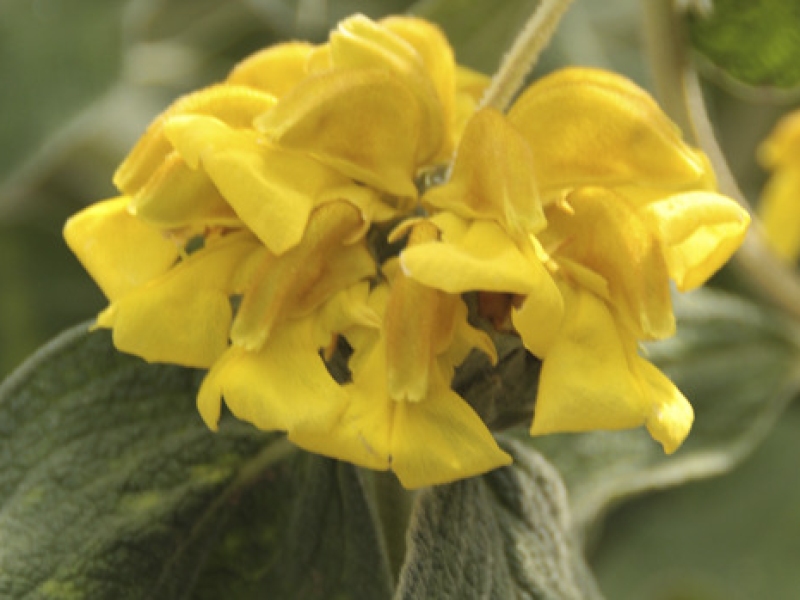

Interesting small evergreen shrub, spread spontaneously in the Mediterranean scrub; native to the Mediterranean basin, it can develop up to 1 m in height and even 1.5 m in width. With a typical dense and compact habit, it has woody branches that branch out from the base. The apical parts of these stems have a herbaceous consistency and have leaves similar to those of sage, opposite, lanceolate with a gray-green upper surface and a whitish-gray lower surface. In spring, showy yellow-sulfur inflorescences develop from the axil of the leaves and decorate the plant for a long time.
The staff of Vivai Capitanio has his own catalogue with all the plants in the store and that grows in our greenhouse. Use this button to download the latest version.
PAper catalogue is available only for professionals. Fill the form to receive it by post: